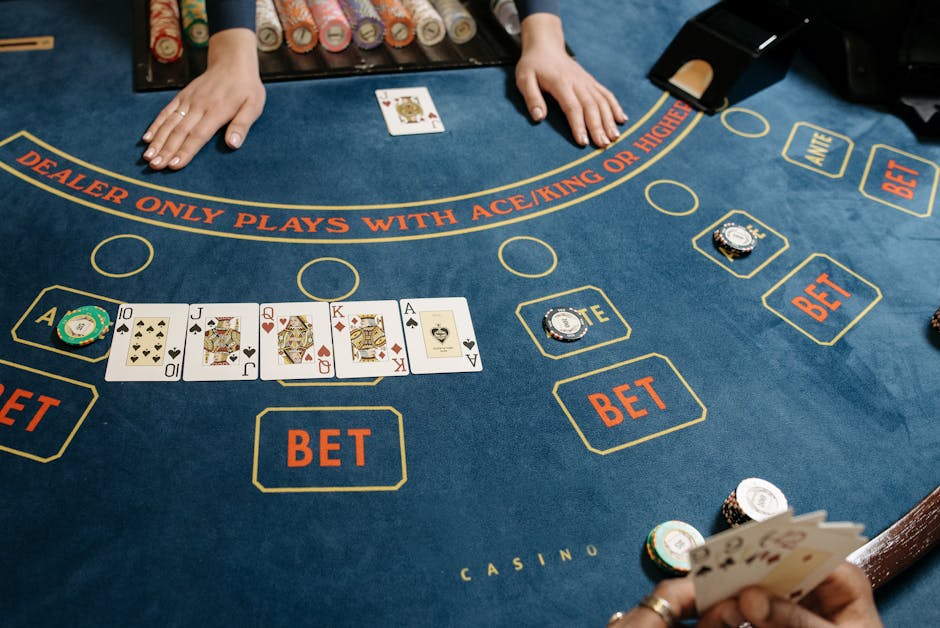The man who saw the 2008 housing market collapse coming is back, and this time, he’s targeting Silicon Valley’s golden child: Artificial Intelligence. Michael Burry, the investor immortalised in ‘The Big Short’, has sent a tremor through global markets with his latest move—a colossal bet of over $1.6 billion that the AI hype train is about to go off the rails.
The Anatomy of Burry’s Billion-Dollar Bet
For anyone watching the markets, the AI boom has felt like a one-way ticket to the moon. Tech giant NVIDIA (NVDA), which makes the essential chips that power AI, has seen its stock price surge over 200% this year, catapulting it into the trillion-dollar club.
But Burry, a professional contrarian, doesn’t follow the herd; he bets against it. Through his firm Scion Asset Management, regulatory filings revealed he has taken significant ‘put’ positions against two key players:
* NVIDIA (NVDA): A direct bet against the leader of the AI chip market.
* iShares Semiconductor ETF (SOXX): A broader bet against the entire semiconductor industry.
A ‘put option’ is a financial tool that profits if an asset’s price falls. The total notional value of these positions is staggering, a clear signal that Burry believes the sky-high valuations in the AI sector are dangerously detached from reality.
Echoes of the Dot-Com Bubble?
This isn’t just a financial manoeuvre; it’s a direct challenge to the prevailing tech narrative. Burry’s thesis, while not explicitly stated, is easy to read between the lines. He’s looking at the parabolic charts, the breathless media coverage, and the “AI” label being slapped onto every company imaginable, and he’s seeing a classic bubble.
For many, it brings back memories of the dot-com boom of the late 90s—a period of wild speculation that ended in a historic market crash. Burry is betting that history is about to repeat itself, but with a different three-letter acronym.
What This Means for Investors
When a man with Burry’s track record makes such a bold move, investors worldwide take notice. If a major correction hits the US tech sector, the ripple effects could be global. A pullback in IT spending could impact the service industries in countries like India, where behemoths like TCS and Infosys have staked their growth on AI-driven solutions.
Furthermore, a global AI downturn would almost certainly tighten the flow of venture capital, making the current “funding winter” for startups even colder. For retail investors mesmerised by the daily gains of tech stocks, Burry’s bet is a sobering cautionary tale. When the music stops, it’s often the last to the party who are left holding the bag.
The Case Against Burry: Is This Time Different?
Of course, it’s crucial to remember that Burry is not infallible. He is famously pessimistic and has made bearish calls before that didn’t pan out, including a short-lived bet against Tesla.
The counter-argument is strong: AI is not just hype. It’s a fundamental technological shift creating immense value. Proponents argue that NVIDIA’s astronomical valuation is justified by its unprecedented earnings and its near-monopoly on the tools needed to build this new world.
Only time will tell if Michael Burry is a prophet or just a premature pessimist. For now, his billion-dollar warning hangs in the air—a stark reminder that in the world of high finance, gravity always wins in the end.




